Juan Guaido's biography
Juan Guaido is the new face of Venezuelan politics – an activist who's been called a man of action and consensus, serving as opposition leader and parliament speaker. In January 2019, he declared himself interim president, challenging Nicolas Maduro's rule and gaining recognition from dozens of countries, including the US.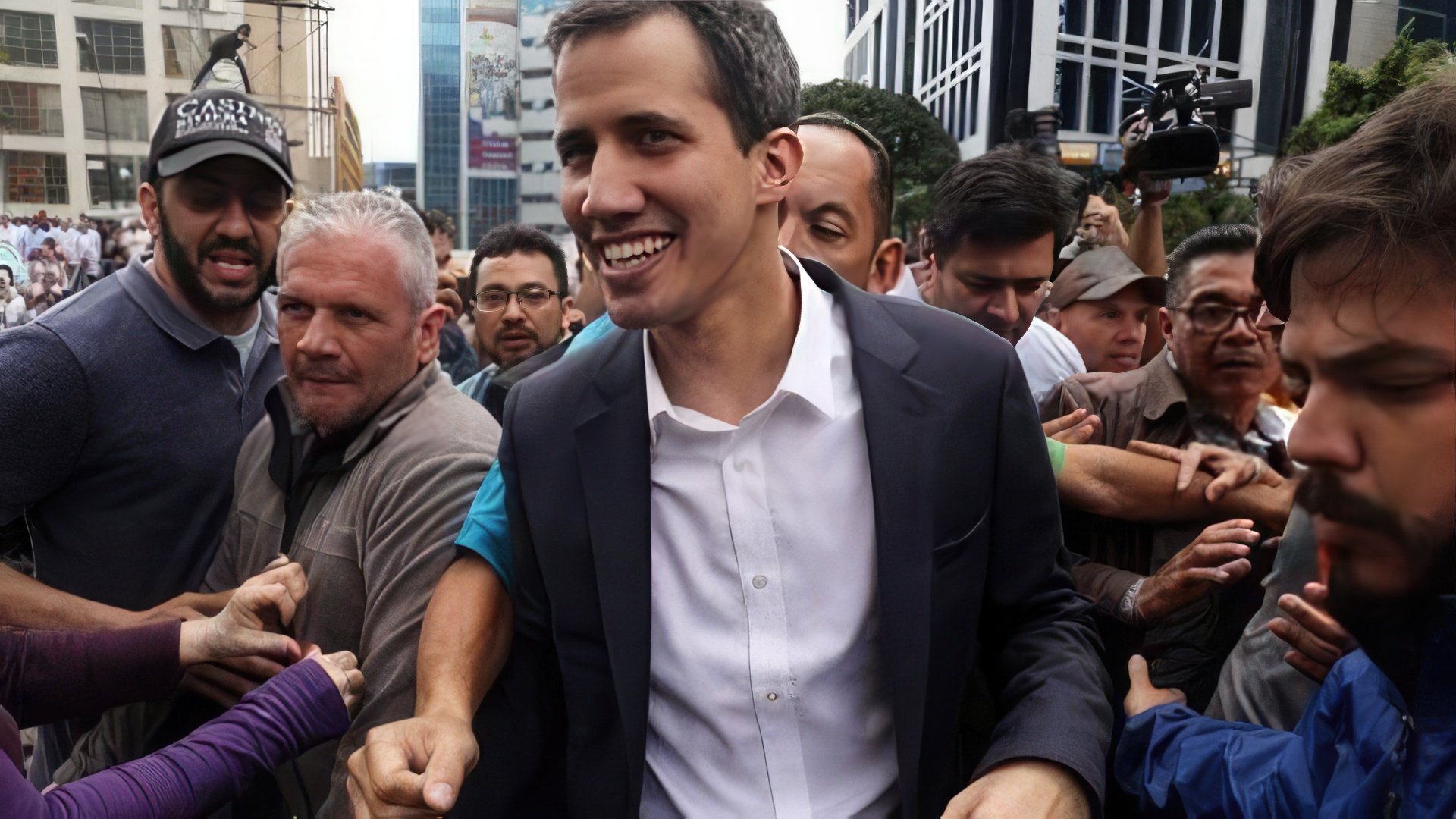
Early life. The survivor
Juan Guaido was born on July 28, 1983, in La Guaira, the capital of Vargas state, located on the Caribbean coast. His father was an airline pilot who died young, and his mother worked as a teacher.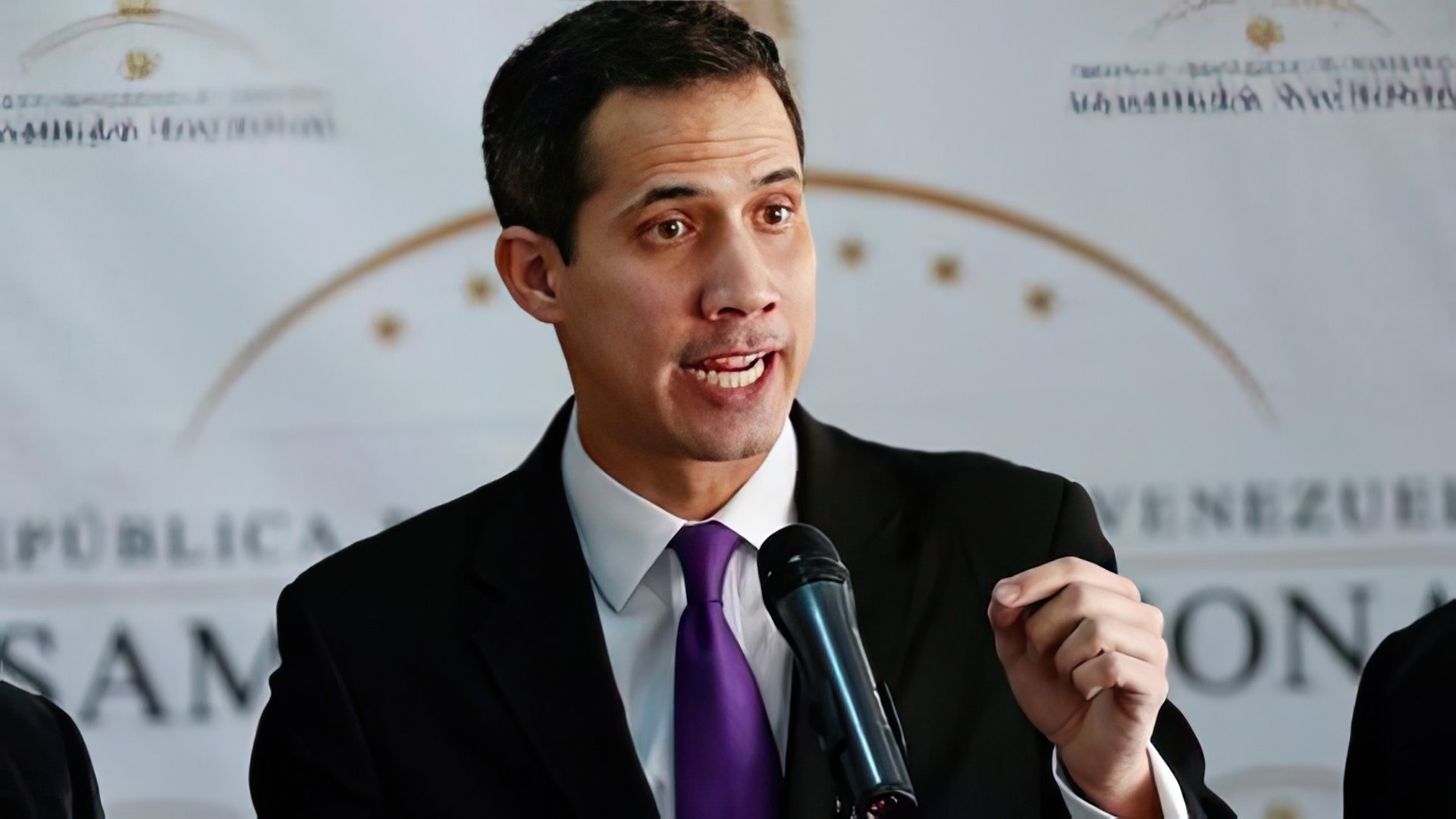
According to Guaido himself, who often repeats the phrase "I know very well what it's like to starve, but I'm not a victim, I'm a survivor," this tragedy shaped his political ideology – both the suffering his family endured and Hugo Chavez's government's complete failure to help the victims.
Juan was the only one of his siblings to earn a college degree, graduating with a degree in industrial engineering from Andres Bello Catholic University in Caracas. After graduating in 2007, Guaido completed two postgraduate programs at the George Washington University.According to Guaido himself, who loves repeating the sentence "I know very well what it's like to starve, but I'm not a victim, I'm a survivor", this tragedy was the one that shaped his political ideology.
Young activist. Career
During his student years, Juan was a member of the Student Council, which protested for social reforms and the implementation of free education and healthcare systems. They also protested presidential term limits and extensions to the presidential term.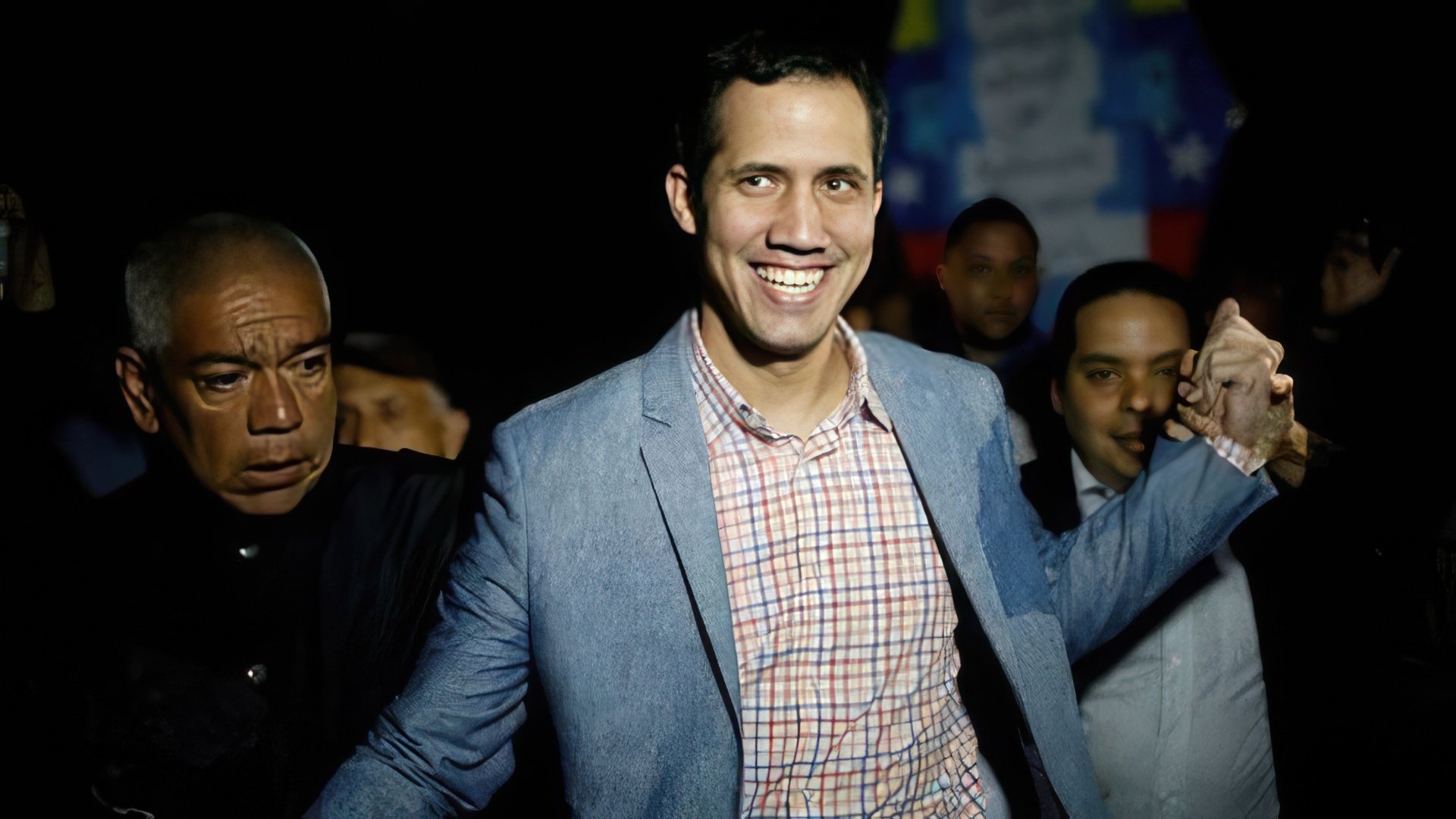
Between 2010 and 2014, he served as alternate national deputy for the state of Vargas in the National Assembly. In 2015, he won election as a full deputy, focusing his efforts on fighting corruption that he claimed was enabled by President Maduro's administration.
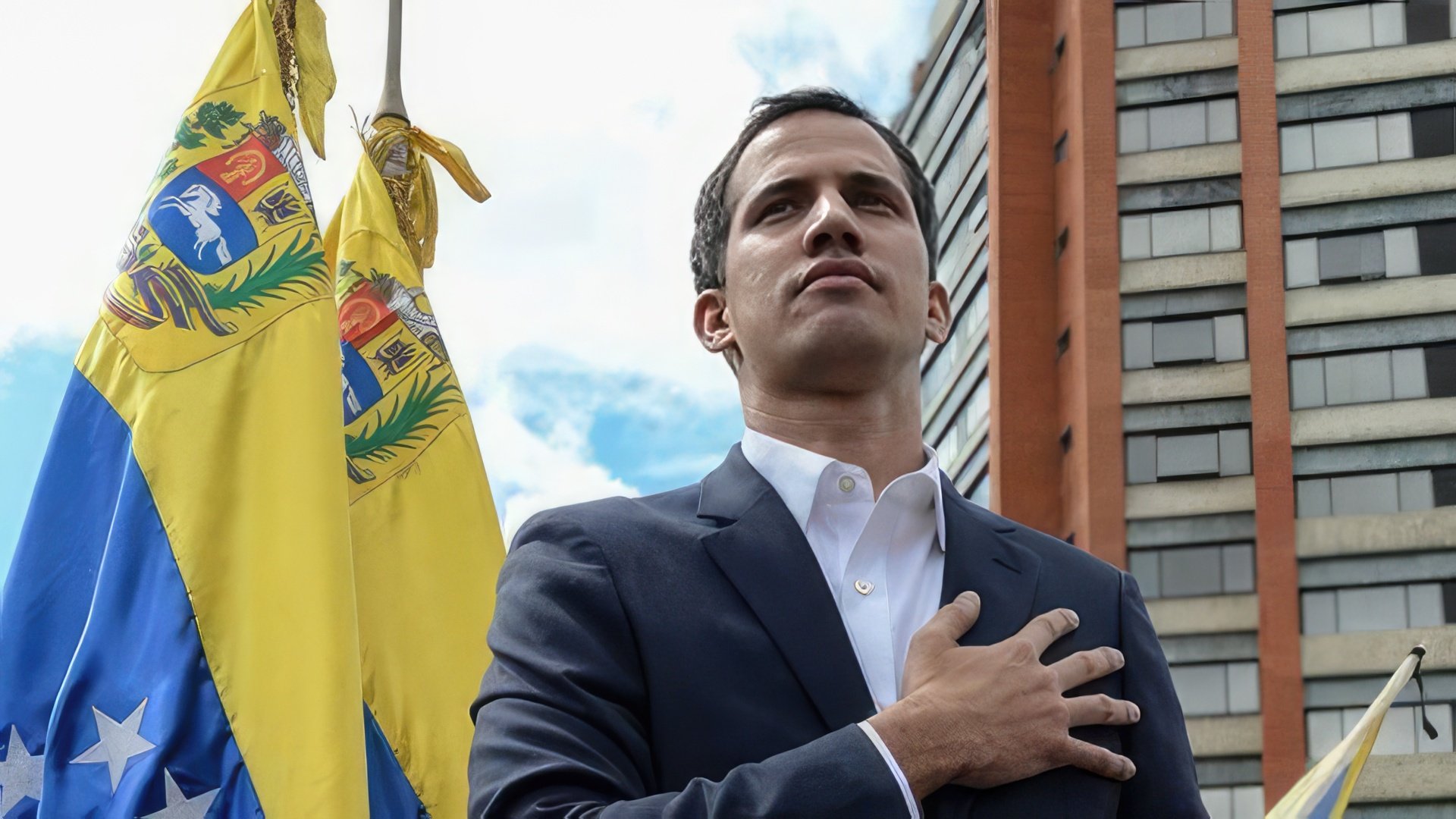
Juan Guaido's personal life
According to Zoomboola.com, Juan met Fabiana Rosales in 2012. After graduating with a degree in social journalism from a Caracas university, she quickly joined the "Popular Will" party activists and became close friends with Guaido.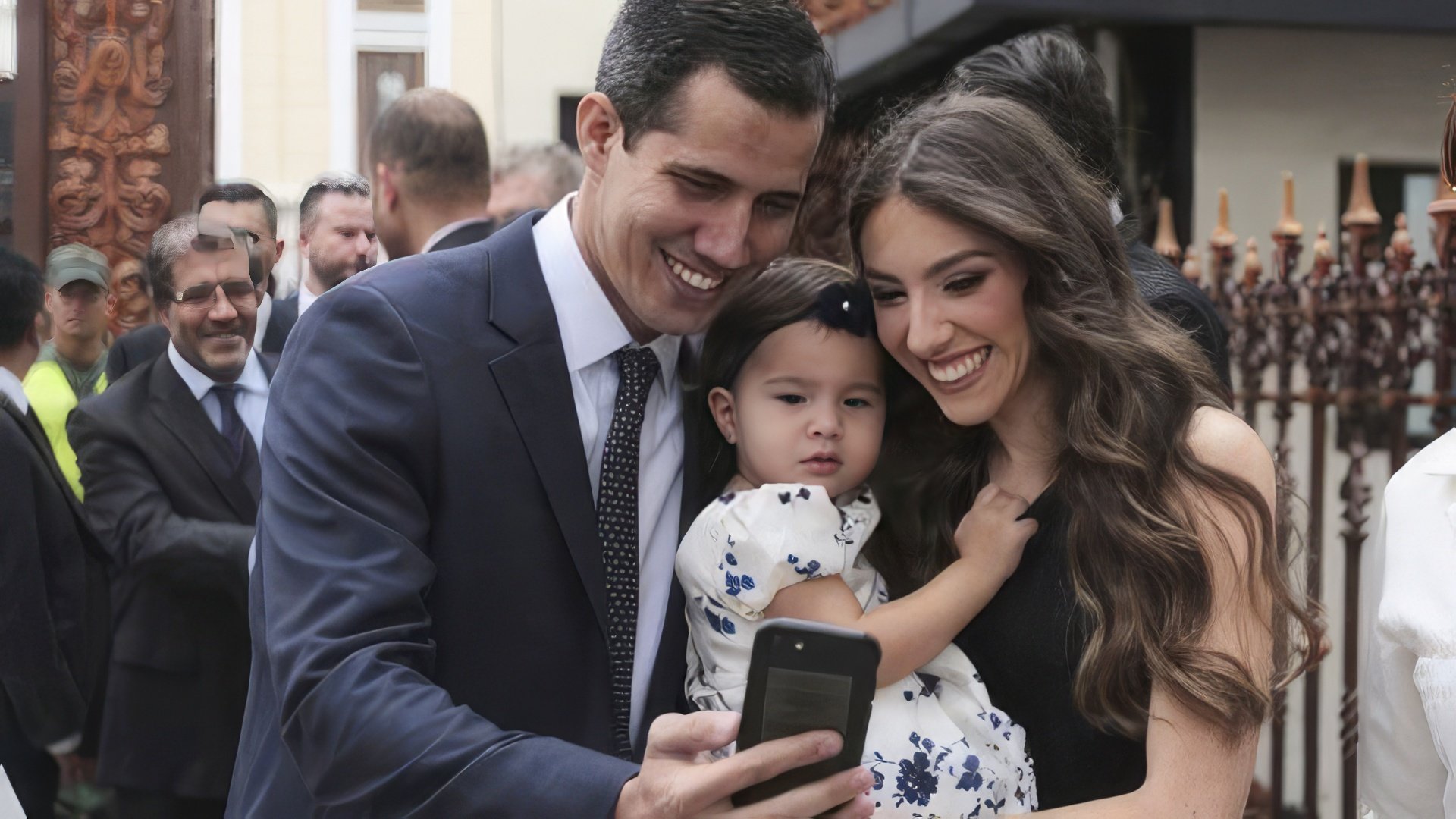
Juan Guaido now
At the beginning of January 2019, Guaido was elected federal deputy to the National Assembly and became the speaker of parliament. Right after taking office, he began insisting that Maduro's presidency was illegal and proposed creating an opposition legislature.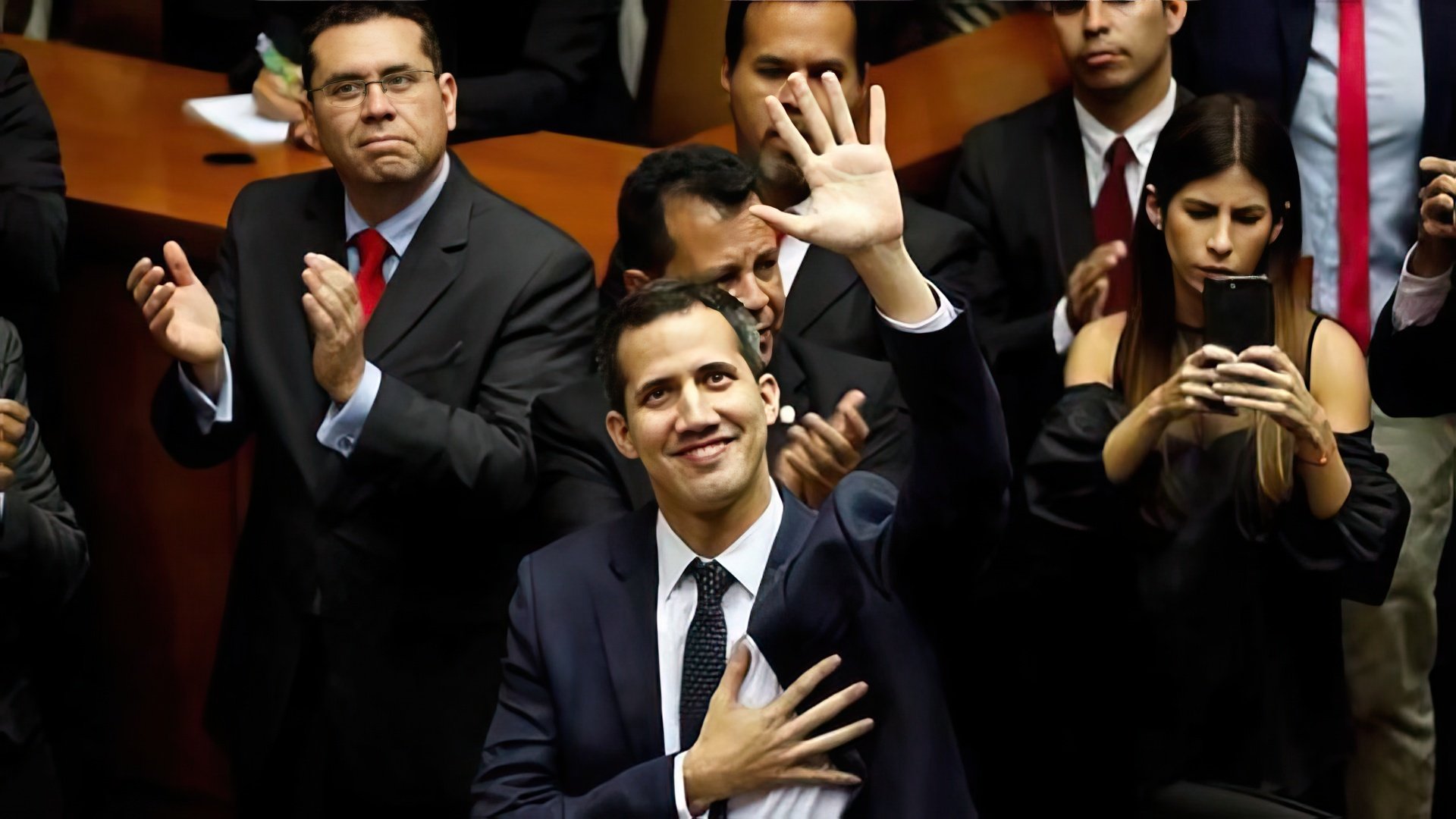
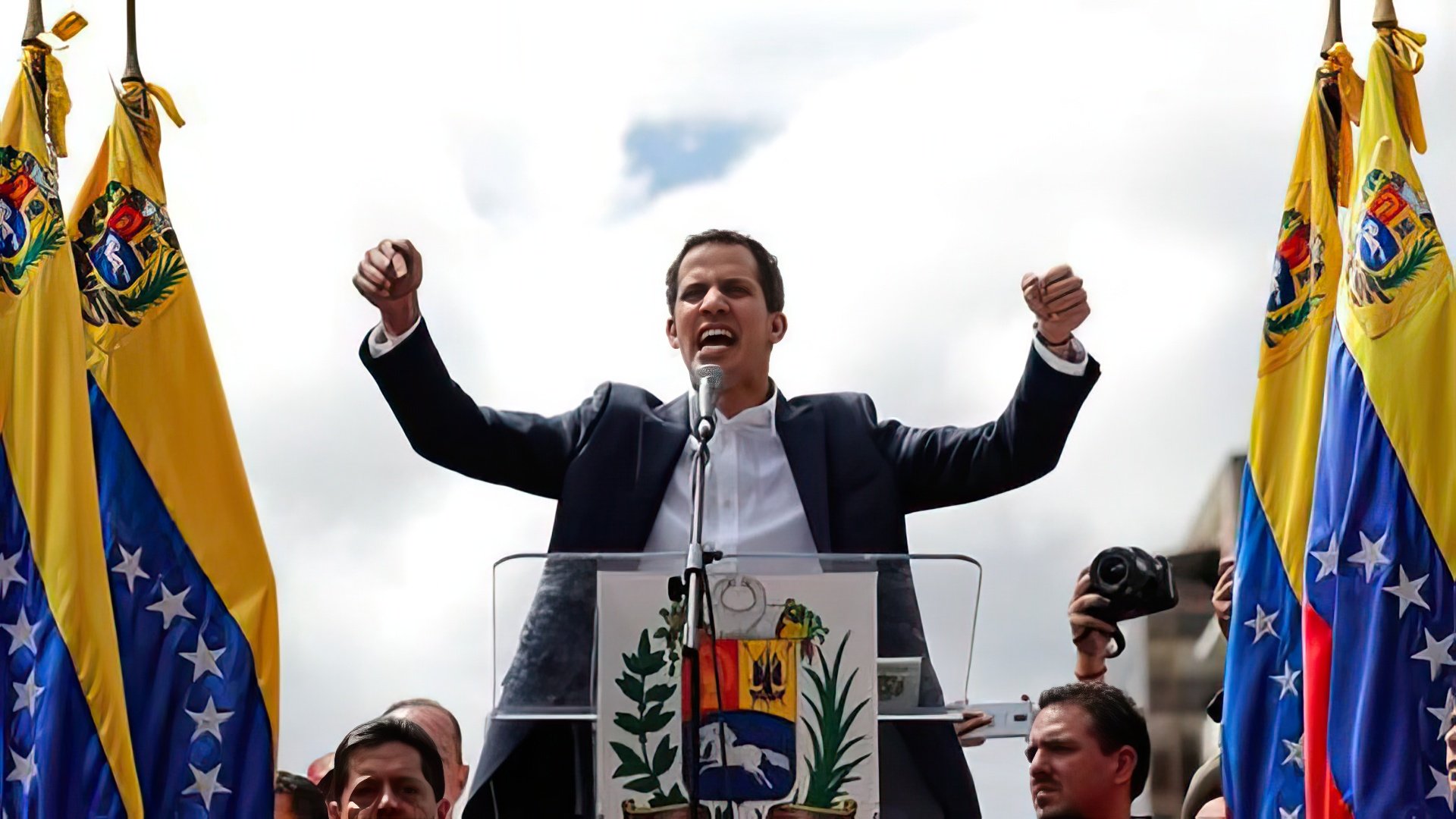
On January 23, he became head of the interim government and proclaimed himself acting president, at least until the movement to overthrow Maduro succeeds.
In April 2019, Venezuela's National Constituent Assembly stripped Guaido of parliamentary immunity. In 2020, the British Supreme Court recognized Guaido as President of Venezuela, but he still hasn't gained full recognition. The European Union also considered this decision, but ultimately all 27 member countries rejected it.
Found an error? Select the text and press Ctrl+Enter
Error in the text? Select it — a send button will appear
Publication Details
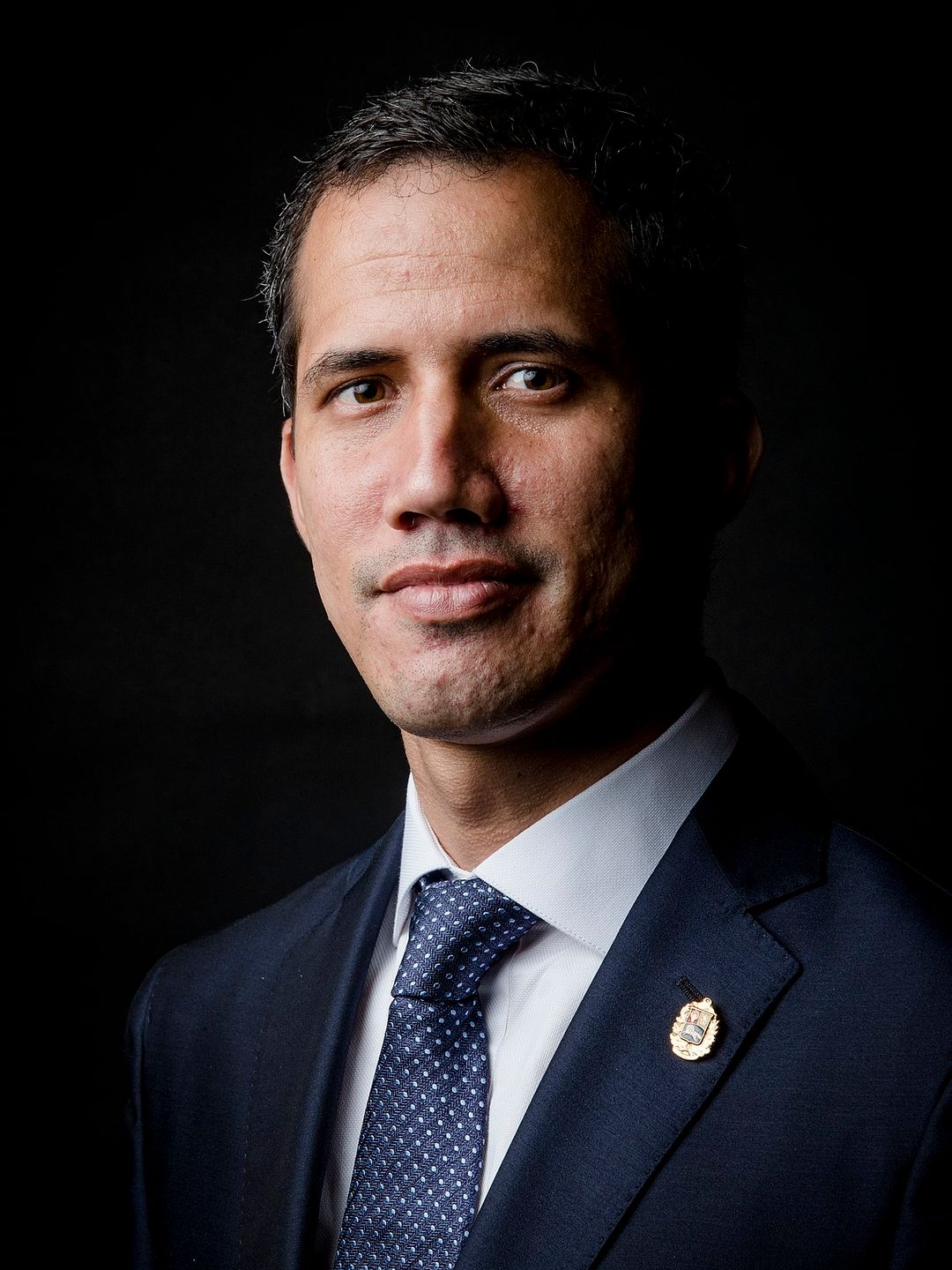
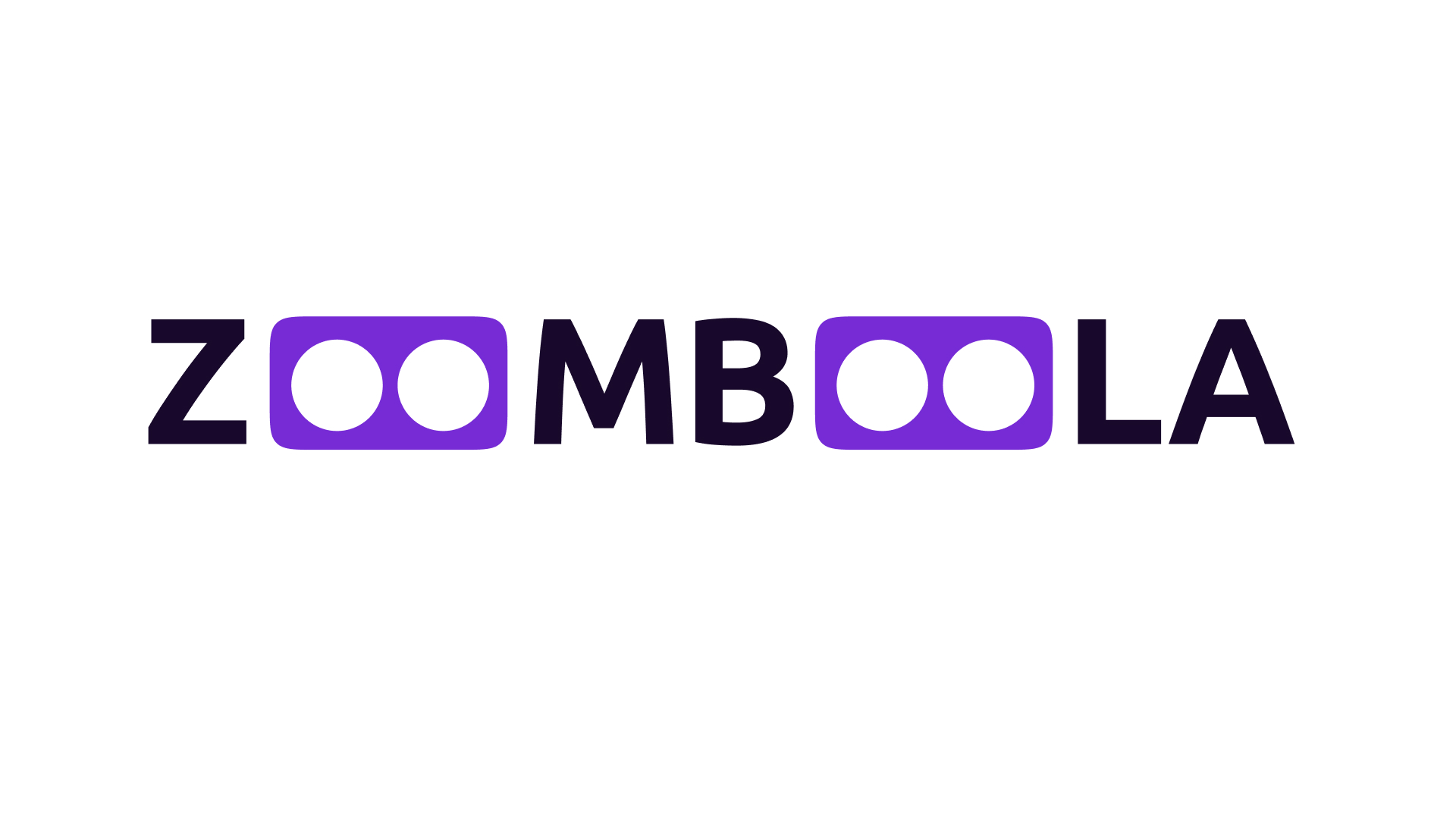
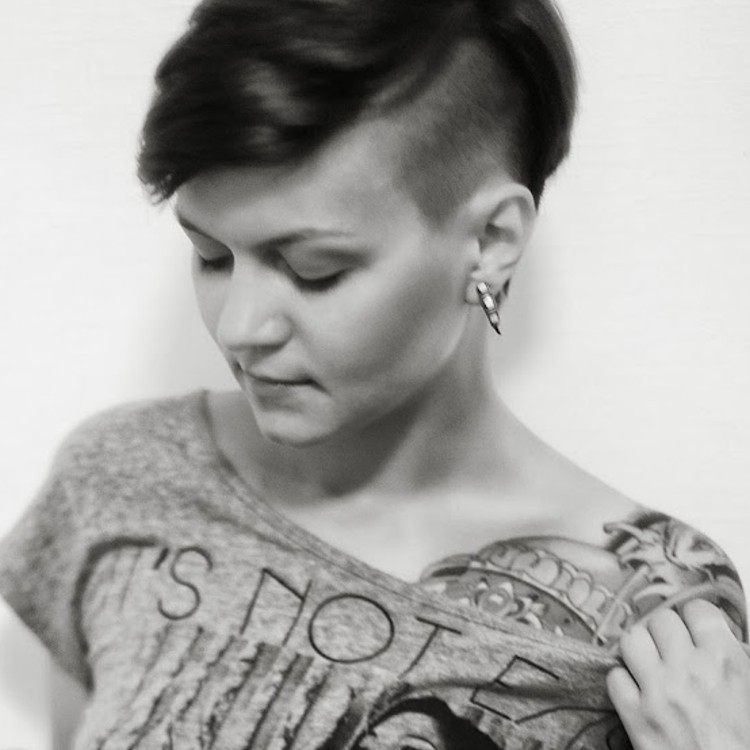
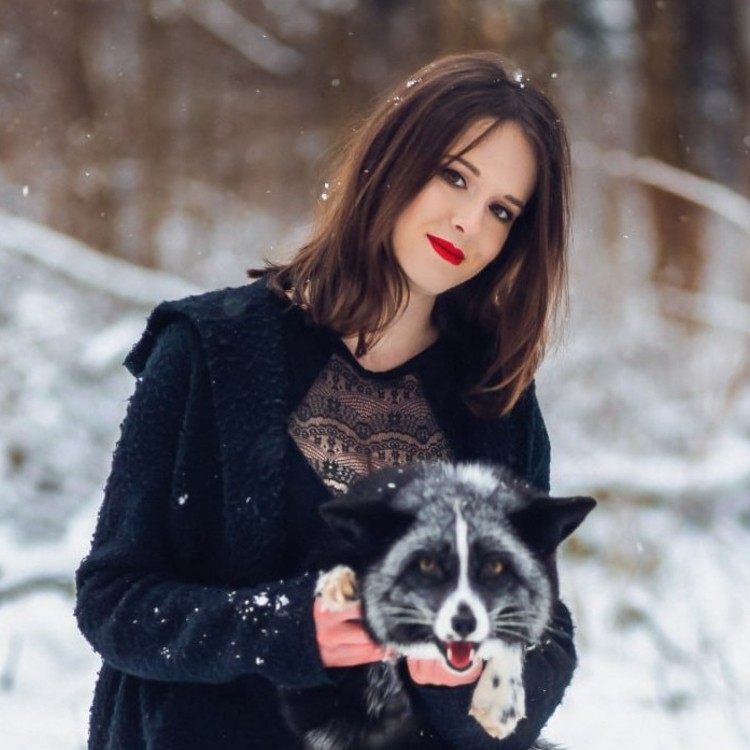
-
Vicki Rogers
2021-04-15 16:35:53
-
Adam Brooks
2021-04-11 10:07:36
-
Sharon Reyes
2021-03-21 17:15:29
-
Roy Hayes
2021-02-24 13:08:32
-
Cheryl Martin
2021-02-22 10:14:10
5